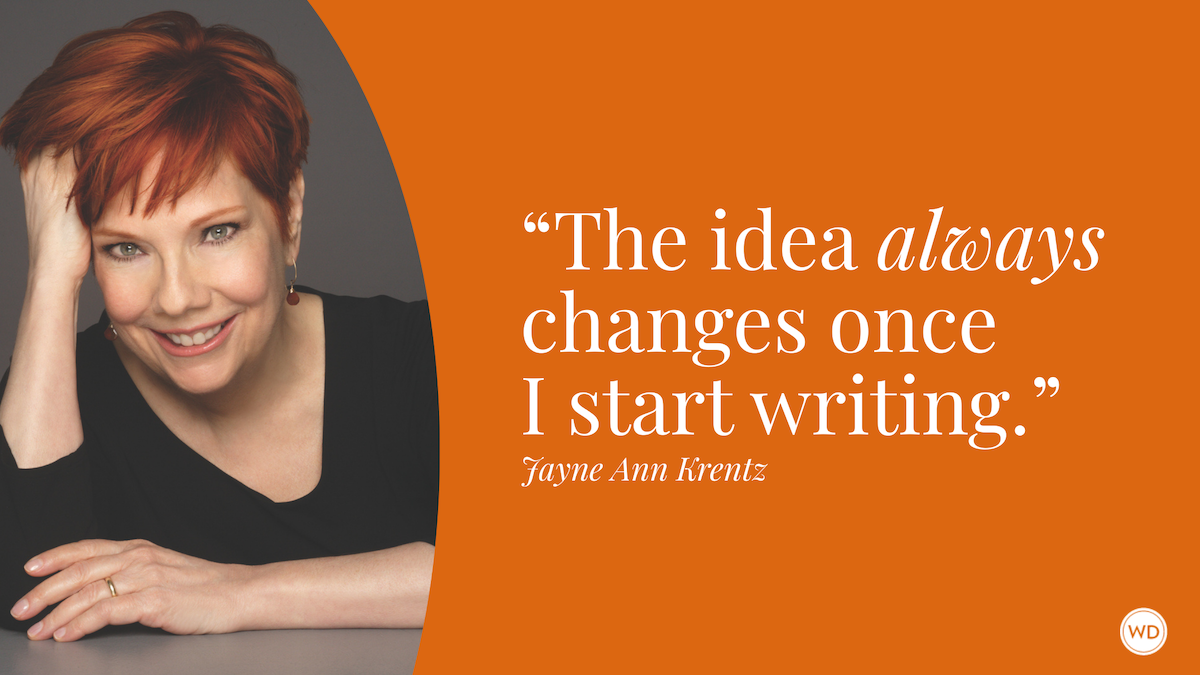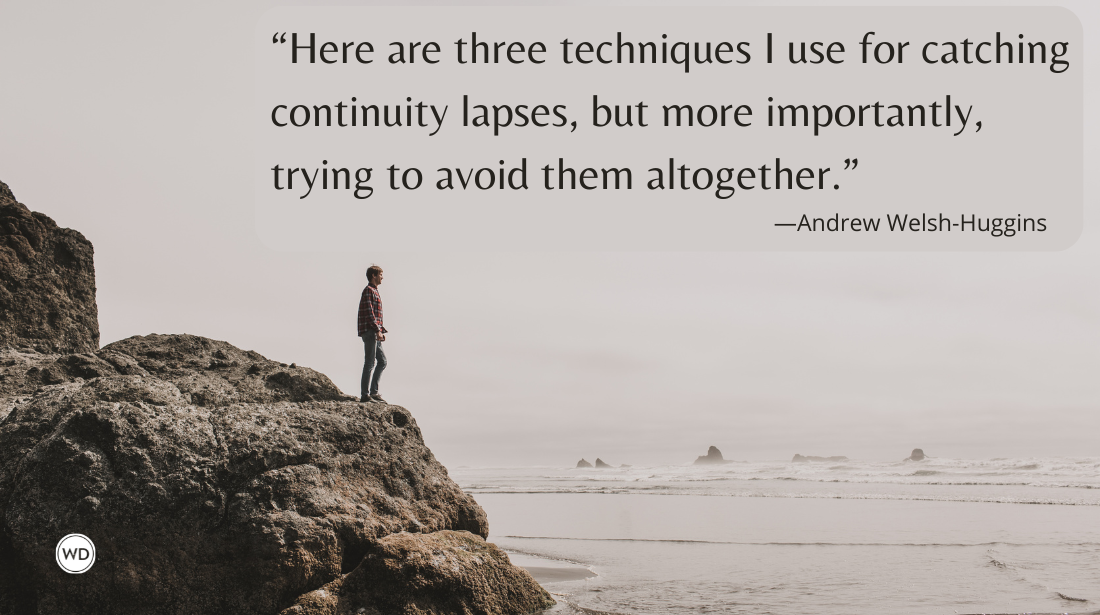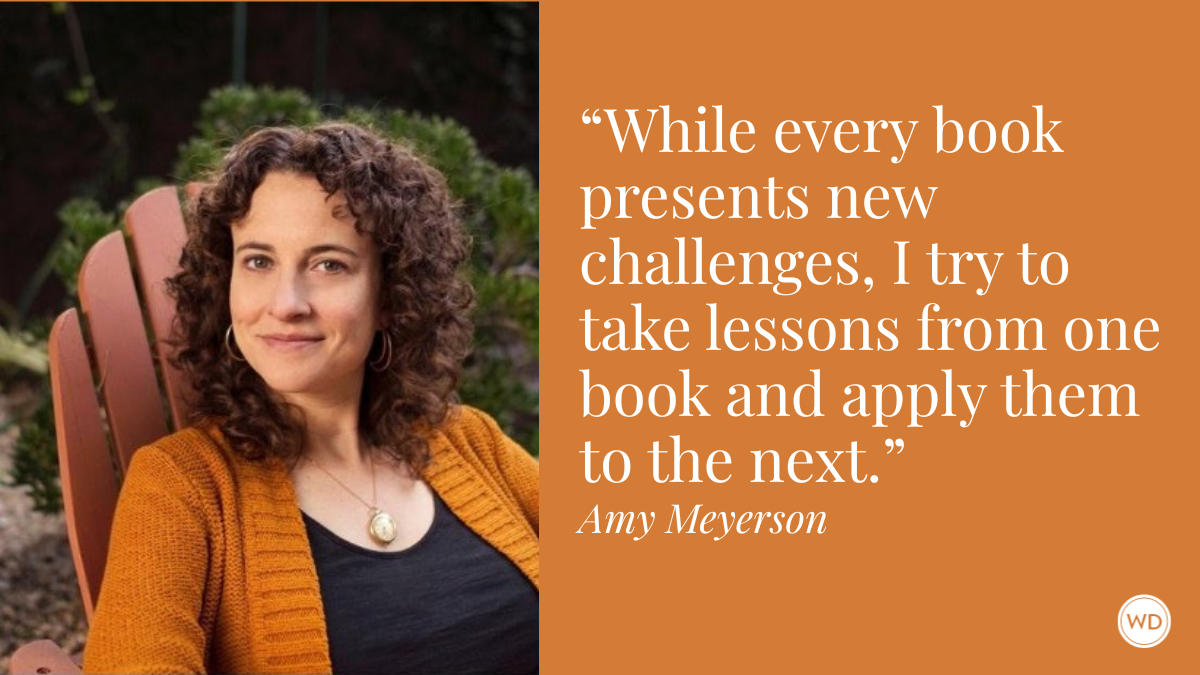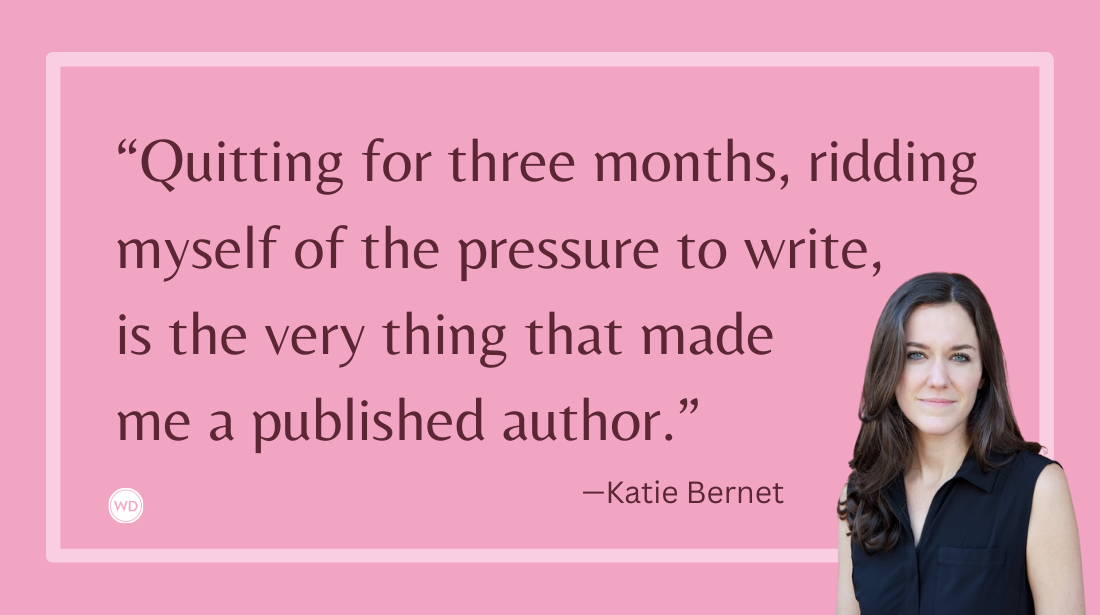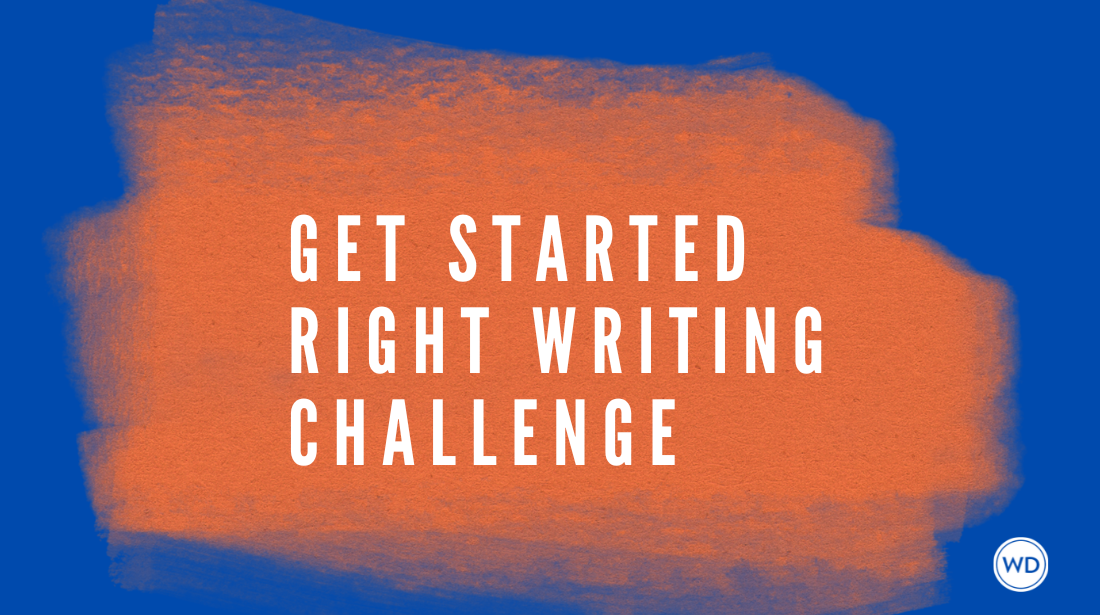Leslie Gray Streeter: Middle Age Is a Ripe Time for Reconsidering Who You Were
In this interview, author Leslie Gray Streeter discusses the importance of middle-aged main characters with her new novel, Family & Other Calamities.
Leslie Gray Streeter is an award-winning journalist and columnist for the Baltimore Banner. She is the author of the memoir Black Widow: A Sad-Funny Journey Through Grief for People Who Normally Avoid Books with Words Like “Journey” in the Title, the cohost of the podcast Fine Beats and Cheeses, and a frequent speaker on grief. She is also a slow runner, an amateur vegan cook, and a fan of Law & Order. Leslie lives in Baltimore, Maryland, with her son, Brooks. Follow her on Facebook and Instagram.
In this interview, Leslie discusses the importance of middle-aged main characters with her new novel, Family & Other Calamities, her advice for other writers, and more.
Name: Leslie Gray Streeter
Literary agent: Alex Glass, Glass Literary
Book title: Family & Other Calamities
Publisher: Lake Union Publishing
Release date: June 1, 2025
Genre/category: Women’s fiction
Previous titles: Black Widow (2020), Little, Brown and Co.
Elevator pitch: An accomplished journalist returns home to find that a former friend is making a movie out of a story he once stole from her. And she’s the villain. (Cue Dun-Dun-DUN organ music.)
What prompted you to write this book?
I’d had these characters, particularly Dawn the journalist, kicking around in my head for literally 30 years in a lot of different scenarios since we were both in our 20s. Middle age is a ripe time for reconsidering who you were, who you are, whether you were right about either of those things, and I found she was a willing participant in telling that story. Also, journalism is teetering on such a precipice, and the truth is under assault. I wanted to write about what truth means, professionally and personally, and why fighting for it seems to be always the right thing to do.
How long did it take to go from idea to publication? And did the idea change during the process?
Originally, Dawn was a 90s pop star who’d left her band right before they got very famous and realizes decades later that they are reuniting without her. Many of the characters and themes were the same—grief, homecoming, betrayal, and reconciling your recollection of events with everyone else’s. But that version didn’t sell, even though the characters were compelling. It was suggested that I move it to another setting. And I was like “Wait! I know just the thing.” I admit to having been in a band in the 90s, but journalism turned out to be an even better fit.
Were there any surprises or learning moments in the publishing process for this title?
This is my second book, and I can tell you that while both have been processes of discovery and worth, this was a much more hands-on experience. It can be very “hurry up and wait,” because in the movies it sometimes feels as if books come out in a week. Patience is so important. And sticking up for yourself, while understanding that this is a product that someone else hopes to sell, is important. I love it. It’s not some cold dead piece of furniture. But I do want to sell it. We all do.
Were there any surprises in the writing process for this book?
When you have been working on a piece as long as I did with this, it can be surprising to learn not only more about yourself as a writer but about these characters you’ve created. My editor was like, “Would Dawn really do this?” and at first it was like, “I know her better than anyone! Of course!” But then you read it back and let the character breathe, let her live. And you listen. Listening to my characters and who they became did wonders.
What do you hope readers will get out of your book?
I hope that people will understand how important it is to have fully realized middle-aged women, especially Black women, as lead characters. I want them to meet women who are smart but flawed, who are fabulously successful and unapologetic while still being open to learn, and who are willing to challenge their assumptions about their families, their roles within that family, and that sometimes they aren’t always right. Also, I want to bring home the role that grief plays in all of our stories, and that we do not move past. We move forward. One more thing—let ladies in their 50s date, and not like aliens who’ve never left the house. Being single past 40 is not a crime or a character flaw.
If you could share one piece of advice with other writers, what would it be?
Sometimes if you are struggling with the next chapter, or the next line, close the computer and walk away. Take a nap. Drink some coffee. Go outside. Watch “Real Housewives.” Hell, do a shot of whiskey. Change the environment and come back. I swear it makes a difference.




